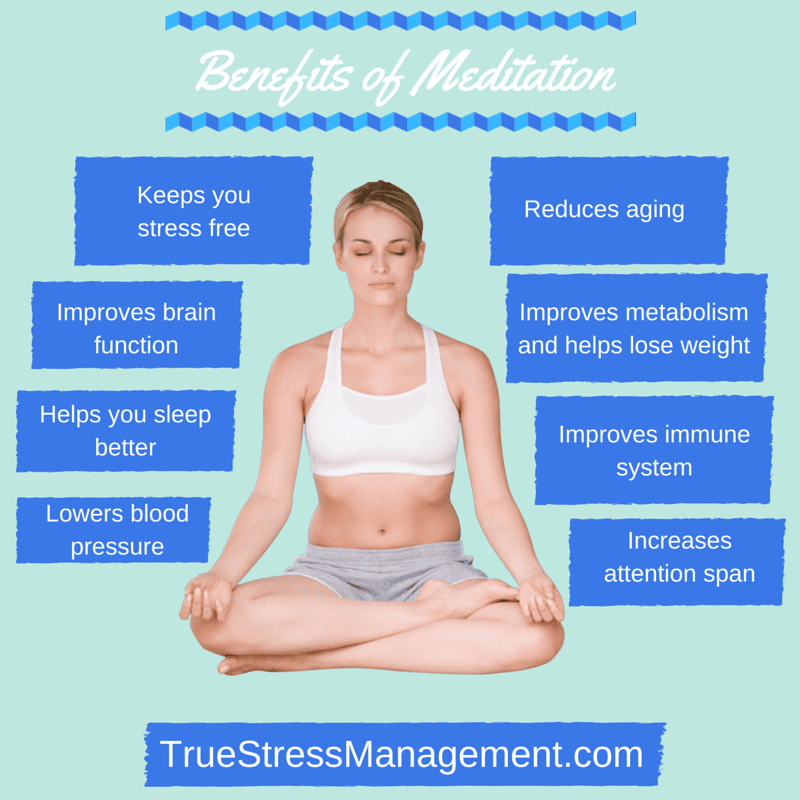Stress can be a major motivator. It can help us perform better, fight for the job we’ve always wanted, even keep us safe in dangerous situations. But when it becomes overwhelming and we can’t fight it the right way, it can lead to many health problems, including eating and mental disorders.
Modern life is full of demands and deadlines and we can’t always deliver on time. We often don’t realize how bad the situation is until we start to suffer, either physically or mentally.
One of the most common stress symptoms is overeating (stress eating). By recognizing and accepting the problem, you can take the steps to reduce the harmful effects of stress and improve the quality of your life.
Explore emotional well-being with BetterHelp – your partner in affordable online therapy. With 30,000+ licensed therapists and plans starting from only $65 per week, BetterHelp makes self-care accessible to all. Complete the questionnaire to match with the right therapist.
What is Stress Eating and Why it Happens?
Every eating is emotional eating. All gatherings, even regular breakfasts and dinners with our families are emotional. We dine with friends because we love them and enjoy their company, but people often diagnose themselves as emotional eaters when they actually talk about stress eating – comforting themselves with food when they feel bad.
Stress eating is unwanted food ingestion in moments when we feel unwanted feelings. As Marc David – teacher of the Institute for the Psychology of Eating once said, when we’re stressed we use food to regulate emotions, to regulate our emotional metabolism.
Every time we’re struck by something we can’t handle, we need a distraction to make us feel better. If that distraction is an unhealthy habit like alcohol or too much food, we have a problem.
The Science Behind Stress Eating
According to the survey by the American Psychological Association, a quarter of Americans rated their stress levels 8 and more on a scale of 10.
Stress can shut down or increase appetite, depending on how our bodies respond. Hypothalamus – part of the brain that produces corticotropin-releasing hormones (CRH) is responsible for decreasing immunity through the action of cortisol. Hypothalamus sends signals to the adrenal glands above the kidneys to release adrenaline – a hormone which under significant amount of stress puts eating on hold.
But the story is completely different if the stress persists. The adrenal glands release cortisol – another stress-related hormone which increases appetite and messes up motivation in general, including our motivation to eat. Cortisol levels should fall once when the stressful episode is over, but if the stress persists — cortisol levels may stay elevated and a person’s stress-response stays activated.
Try Eating Healthier
If you have to munch on something at 11:00 PM while doing that report your boss asked for tomorrow morning, at least make it healthy. Don’t snack on candy or sandwiches; try hard-boiled eggs, cooked vegetables, or even better – something raw like fruit or a green smoothie.
When your body is deprived of nutrients, it will crave for more food, and all that junk food you eat leads to even more food. A vicious cycle, isn’t it?!
To battle waistline widening, don’t bring too much sugar and fat to your pantry. Whatever you have in your house at midnight, it’s going to be eaten during an anxiety attack. If you control what your family purchases, you can also control the weight gain.
Also, don’t eat at places that are not made for eating. A lot of people eat in front of the TV during their favorite TV program, and it causes you to eat 25% more throughout the day.

Healthy eating concept doesn’t mean eating only bland plant-based food, adhering to strict limitations, avoiding fats and sugar, and depriving yourself from all the things you love. It means leading a balanced lifestyle; eating 80% healthy and other 20% giving out to your cravings.
Mindful eating means learning new ways, experimenting with foods that promote physical and mental health, and incorporating them slowly into your life. Making healthy diet a habit not only relieves stress and anxiety, but boosts immunity, stabilizes energy and overall mood and view of life. Just don’t eat to feed the feeling. Eat only to satisfy the real hunger!
Meditate
According to the journal of JAMA Internal Medicine – and Harvard scientists, mindful meditation can reduce stress, anxiety symptoms, irritability and stress-related insomnia. People included in the study were taught to recognize and fight the old thinking patterns. They learned how to differentiate a stressful thought from their core selves and ended up feeling better than ever.

Move
Exercising is one of the most beneficial and easiest things you can do for yourself in this moment. Moving your body is extremely effective in managing anxiety and stress. Walking, jogging or any other aerobic exercise are great choices, especially if you do them mindfully – focusing on every sensation while you move. Exercising mindfully can help relieve any stress-related issue from the past.
Do Things That Make You Happy
By releasing adrenaline and cortisol – two stress-related hormones, our bodies are telling us to slow down and relax. Too much stress and anxiety are dangerous. Leave all the worries and do something you enjoy – take a walk, have a coffee with some friends, or prepare a relaxing bath – anything that works for you. Sounds like a cliche, but troubles will be waiting for you, it will just be easier to handle them after you clear your head!
Rest Well
Tiredness increases stress by making us think irrationally. Chronic stress can disrupt sleep in various ways. If you’re having trouble falling or staying asleep, there are plenty of ways to improve the sleep so you feel less tired and stressed.
There are herbal teas like chamomile or St. John’s wort that can help to sleep faster. There are massages that are specially created for people who suffer from insomnia. Find what suits you best and make it a habit!
Find Support
Social contacts have a defensive effect on the stress that we experience. Research suggests that people working in stressful situations like security or ER workers have better mental health when they have adequate social support. But even us who live and do regular jobs where the stakes aren’t so high need support from time to time.
Bonding with friends and family can do a lot to relieve stress. Knowing that you have someone to rely on in any given situation is extremely beneficial for mental health.
Simply talking to another human being can trigger happiness hormones that relieve stress when you’re feeling down or unsafe. Just a short exchange of nice words or a friendly glance from someone dear to us can help soothe the senses and the nervous system. Being nice and friendly to others works both ways – it delivers stress-reducing hormones, as well as provides the chance to expand our circle of friends.
Some Amount of Stress is Fine
Stress is part of everyone’s life and we shouldn’t completely avoid it. But when it starts making trouble and disturbs our health, there are various ways in which we can help ourselves and others. Do everything in your power to keep the healthy amount of stress in your life, but remove the excess using the tips that we gave you.
You have more control over your stress than you think. Some of us try dealing with our emotions in ways that only worsen the problem. We drink too much, yell, use pills or simply overeat – but there are much healthier ways to loosen up and deal with stressful situations. Don’t let stress eating control ruin your health.





